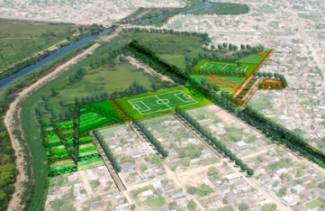
 |
 |
 |
 |
 |
Universidade Federal do Rio de Janeiro - http://www.cos.ufrj.br/
| Organizations Visited | ||
|
ATECH |
||
|
CDI |
||
|
Companhia Vale do Rio Doce |
||
|
EDS |
||
|
LNCC |
||
|
NeKi Technologies |
||
|
Petrobras |
||
|
Transax International Limited |
||
|
Universidade Federal do Rio de Janeiro |
||
|
Xerox Brazil |
||
| Rio de Janerio: Brazil |
 |
||
| Related Links |
|
Pictures http://www.cos.ufrj.br/ |